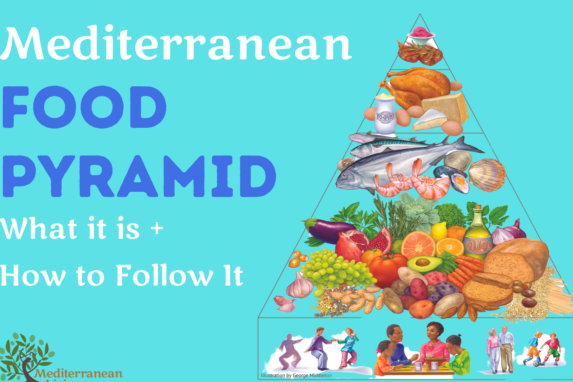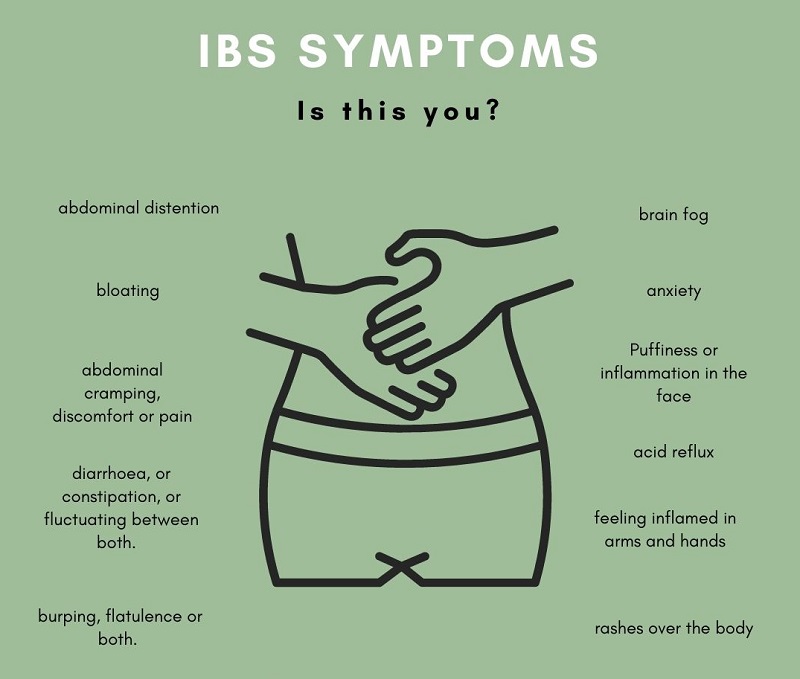Mediterranean Diet Food Pyramid: What It Is and How to Follow It
The Mediterranean diet is not just a diet; it represents a way of life that has been embraced by the people living in the Mediterranean region for centuries. Renowned for its numerous health benefits, this dietary pattern has become increasingly popular worldwide. One of the key components of the Mediterranean diet is its food pyramid, which serves as a visual guide to understanding the types and proportions of foods to consume for optimal health. In this blog post, we will explore the Mediterranean Diet Food Pyramid, understand its principles, and discover how to follow it to achieve a balanced and wholesome lifestyle.
What is the Mediterranean Diet Food Pyramid?
The Mediterranean Diet Food Pyramid is a visual representation of the traditional eating habits of countries bordering the Mediterranean Sea. Developed by nutrition experts, this pyramid emphasizes a wide range of nutrient-rich foods and encourages moderation in certain food groups. Unlike many other diet plans, the Mediterranean Diet Food Pyramid is not restrictive but promotes a balanced and sustainable approach to eating.
Let’s explore the components of the Mediterranean Diet Food Pyramid from the base to the top:
Base – Plant-Based Foods
At the foundation of the pyramid lies a rich assortment of plant-based foods. These include fruits, vegetables, whole grains, legumes, nuts, and seeds. Packed with vitamins, minerals, antioxidants, and fiber, these foods provide essential nutrients and are associated with various health benefits. Aim to make these plant-based foods the centerpiece of your meals.
Middle Layer – Healthy Fats
The middle layer of the pyramid emphasizes the consumption of healthy fats. Olive oil, a staple of the Mediterranean diet, is the primary source of these fats. Rich in monounsaturated fats and antioxidants, olive oil contributes to heart health and helps reduce inflammation. Additionally, this layer includes nuts and seeds, which provide a source of protein and beneficial fats.
Next Layer – Moderate Protein
The next layer comprises moderate portions of protein sources. Fish and seafood, particularly fatty fish like salmon and mackerel, are important components of the Mediterranean diet due to their omega-3 fatty acid content, which supports heart health and cognitive function. Poultry, dairy products like yogurt and cheese, and eggs are also included in this layer, though in moderate amounts.
The Mediterranean Diet: A Pathway to Lower Inflammation and Healthy Aging
Top Layer – Occasional Indulgences
The top layer of the Mediterranean Diet Food Pyramid includes foods that should be consumed in moderation. Red meat, processed foods, and sweets fall under this category. While they can be enjoyed occasionally, it is essential to limit their intake to maintain the overall balance of the diet.
How to Follow the Mediterranean Diet Food Pyramid
Prioritize Plant-Based Foods
Make fruits, vegetables, whole grains, legumes, nuts, and seeds the basis of your meals. Aim for a variety of colors and flavors to ensure you receive a wide range of nutrients.
Use Olive OilReplace unhealthy fats like butter and margarine with heart-healthy olive oil for cooking and as a dressing for salads and vegetables.
Embrace Fish and Seafood
Include fatty fish in your diet at least twice a week to obtain beneficial omega-3 fatty acids.
Moderate Dairy and Poultry
Consume dairy products and poultry in moderate portions as part of a balanced diet.
Limit Red Meat and Sweets
Reserve red meat and sweets for occasional treats and choose lean cuts of meat when you do indulge.
Health Benefits of the Mediterranean Diet
Heart Health
The Mediterranean diet is renowned for its positive impact on heart health. The emphasis on healthy fats, particularly monounsaturated fats from olive oil, and omega-3 fatty acids from fish, contribute to reducing bad cholesterol levels (LDL cholesterol) and improving overall heart function. Studies have shown that adhering to this diet can significantly lower the risk of heart disease and stroke.
Reduced Inflammation
The Mediterranean diet’s rich array of antioxidants, vitamins, and minerals from fruits, vegetables, and olive oil helps combat oxidative stress and reduce inflammation in the body. Chronic inflammation is linked to various chronic diseases, and by consuming anti-inflammatory foods, you can support your body’s natural defense mechanisms.
Weight Management
The Mediterranean diet is not a restrictive diet, but rather a sustainable lifestyle that encourages mindful eating. With a focus on nutrient-dense and fiber-rich foods, individuals often feel satiated and satisfied, leading to better appetite control and sustainable weight management.
Diabetes Management
Research has indicated that following the Mediterranean diet can improve insulin sensitivity and glycemic control, making it beneficial for individuals with type 2 diabetes. The diet’s low glycemic index and high fiber content contribute to better blood sugar regulation.
Cognitive Health
The Mediterranean diet has been associated with a reduced risk of cognitive decline and neurodegenerative diseases such as Alzheimer’s. The combination of antioxidants and healthy fats may protect brain cells from damage and support cognitive function.
Longevity
Studies have suggested that adhering to the Mediterranean diet may increase life expectancy and promote healthy aging. Its positive impact on heart health, reduced inflammation, and overall well-being contribute to longevity and improved quality of life.
How to Incorporate the Mediterranean Diet into Your Lifestyle
Start with Small Changes
If transitioning to the Mediterranean diet feels overwhelming, begin by making small changes. Incorporate more fruits and vegetables into your meals or replace butter with olive oil when cooking.
Plan Your Meals
Plan your meals around fresh, seasonal produce and lean proteins. Experiment with Mediterranean-inspired recipes that feature herbs and spices for flavor.
Enjoy Social Eating
In Mediterranean cultures, meals are often enjoyed with family and friends, promoting social connections and a relaxed dining experience. Embrace this aspect of the diet by sharing meals with loved ones whenever possible.
Snack Mindfully
Opt for nutrient-dense snacks like nuts, seeds, or fresh fruit to keep you energized throughout the day.
Stay Active
Regular physical activity is an integral part of the Mediterranean lifestyle. Incorporate daily walks, outdoor activities, or exercise routines to complement your healthy eating habits.
The Mediterranean Diet Food Pyramid offers a simple and effective guide to adopting a wholesome and sustainable dietary pattern. By prioritizing plant-based foods, incorporating healthy fats, and enjoying a variety of proteins in moderation, you can reap the numerous health benefits associated with the Mediterranean diet. Remember, the Mediterranean lifestyle is not just about the food on your plate; it is a holistic approach to well-being that includes regular physical activity, social connections, and a positive outlook on life. By embracing the Mediterranean diet, you can embark on a journey towards better health and a more fulfilling life.













